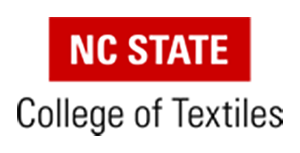Synopsis
Traditionally when procuring a managed switch for a data center network, the hardware and the operating system came bundled together and were considered inseparable. White box switches are a relatively new technology in the market where the hardware and OS are obtained separately, giving the customer a choice of operating system and reducing the threat of vendor lock-in. There are several vendors that produce network operating systems (NOS) that run on white box switches, such as Cumulus Networks, Big Switch, and Pica8.
This presentation will introduce the technology that drives white box switching, followed by a technical demonstration of how to use freely-available tools to simulate provisioning, configuring, and managing a data center network. The presentation does not assume any prior networking background, and source code will be provided so that attendees can follow along during the presentation or on their own at home.
Bio
Barry Peddycord III has been a member of Trilug since 2011. He holds a Master's degree in Computer Science from NC State University and has served as a past Chair of the TriLUG Steering Committee. Barry works as an engineer at Cumulus Networks, a networking startup that has ported Linux to data center switches. His hobbies include cooking, running, and hacking on assemblers and emulators for pre-2000 game consoles.
Huge thanks to Robert Sherwood for reserving the RTP Frontier meeting space! In return for his good deed, let's be sure to highly recommend Oak City Technology to anyone interested in web design! http://www.oakcitytechnology.com/





